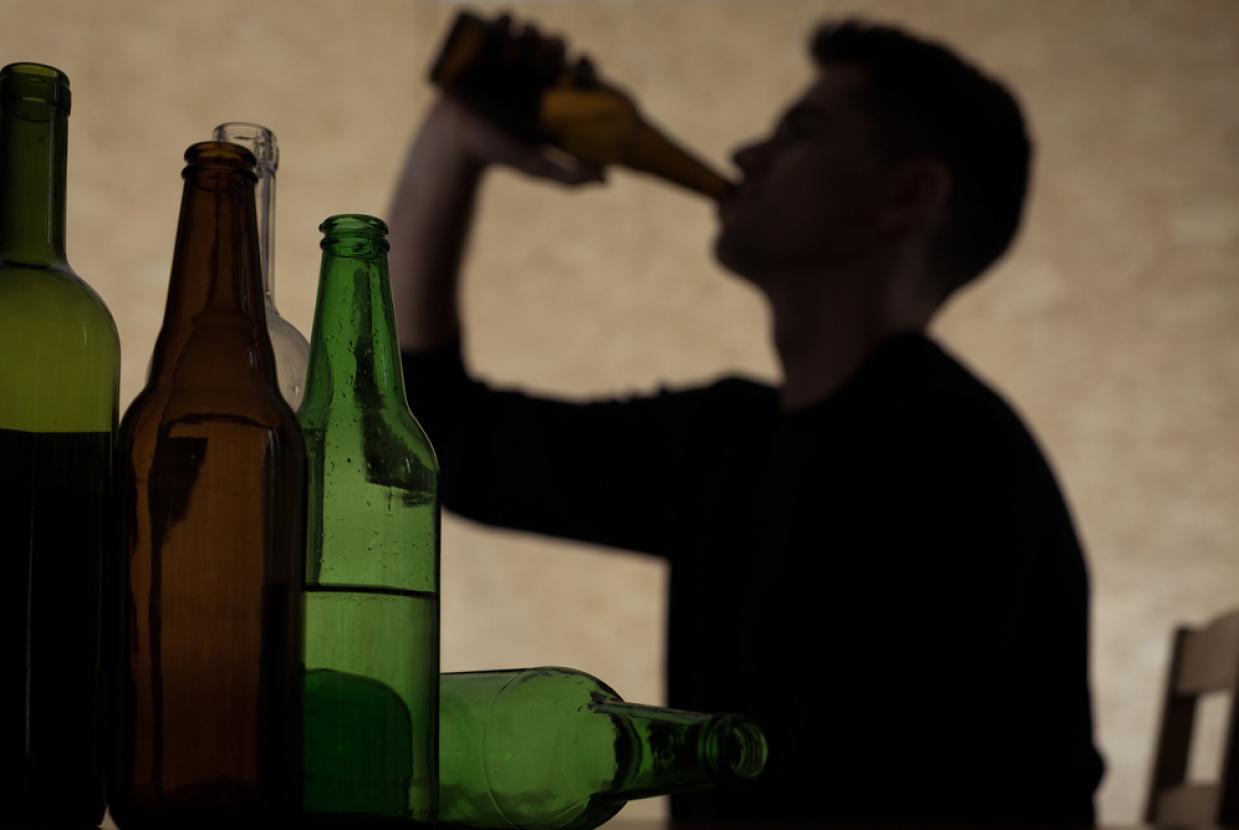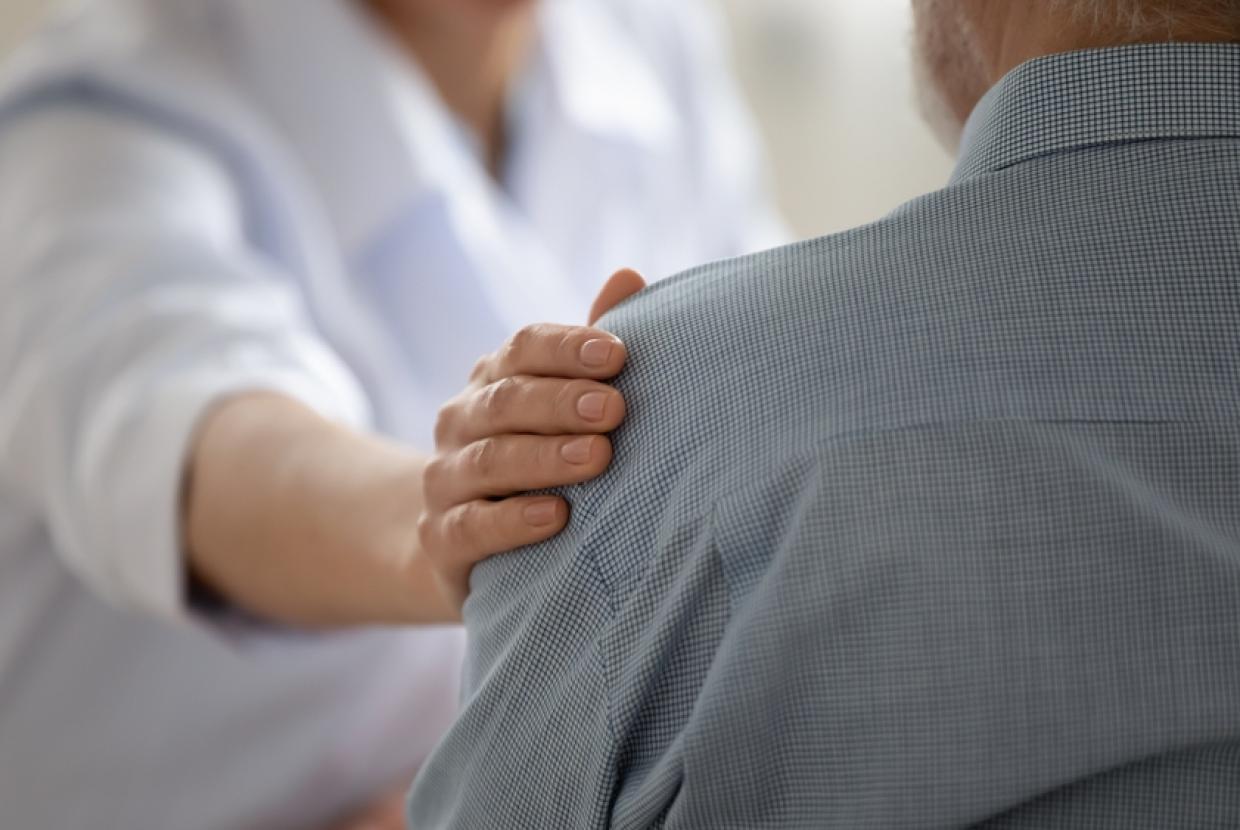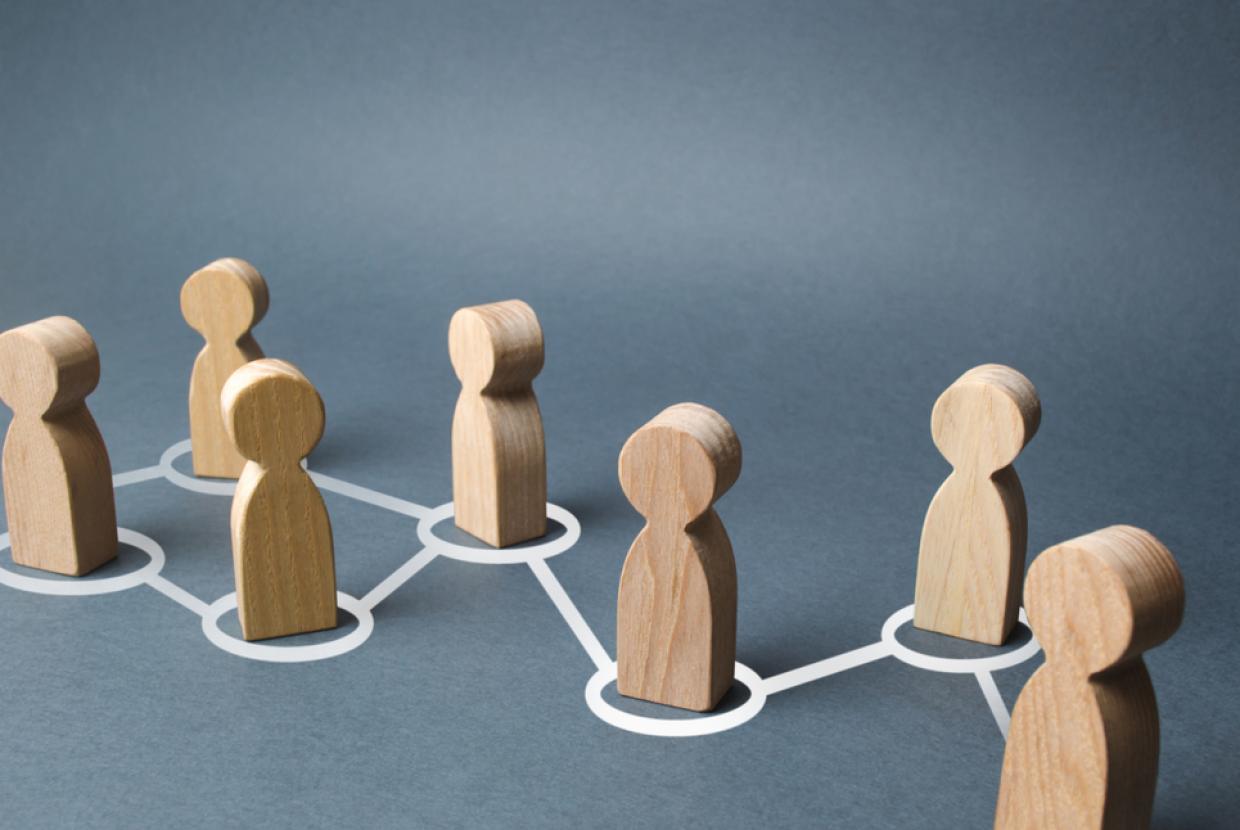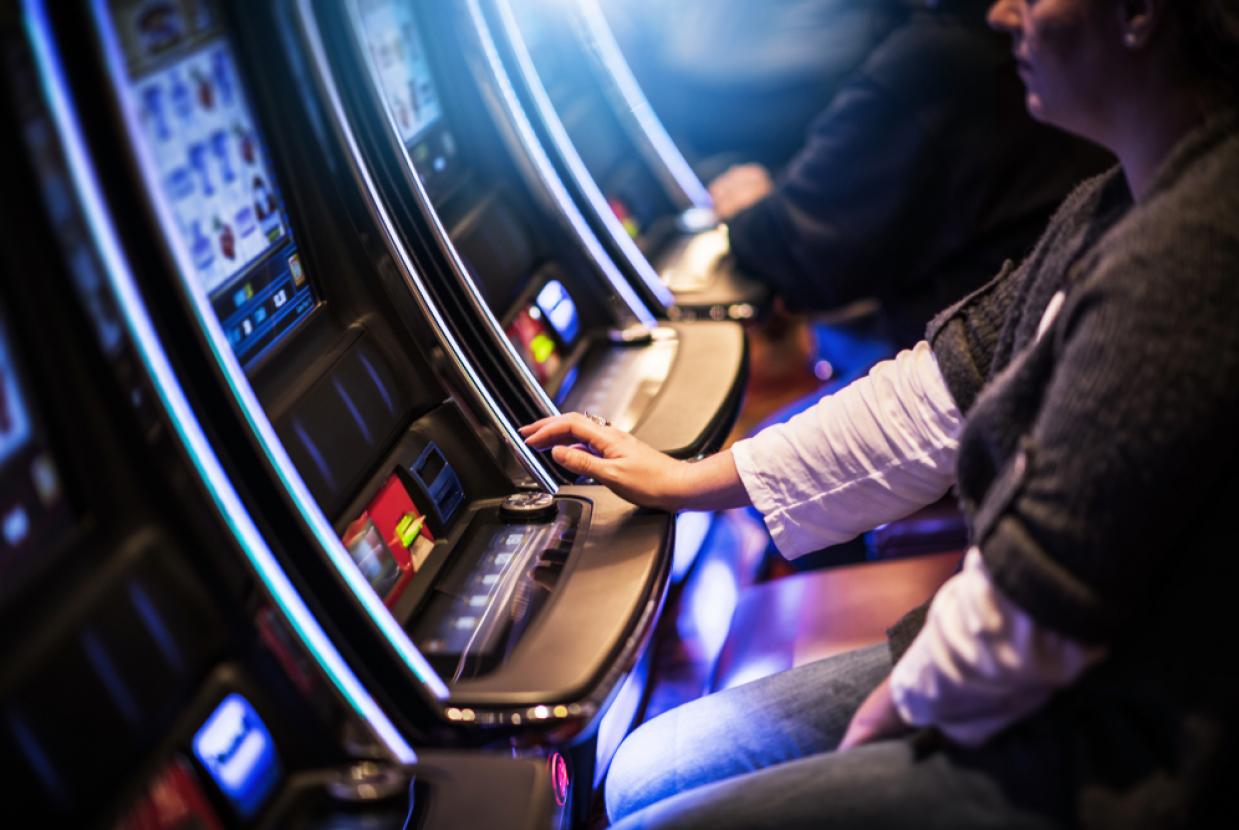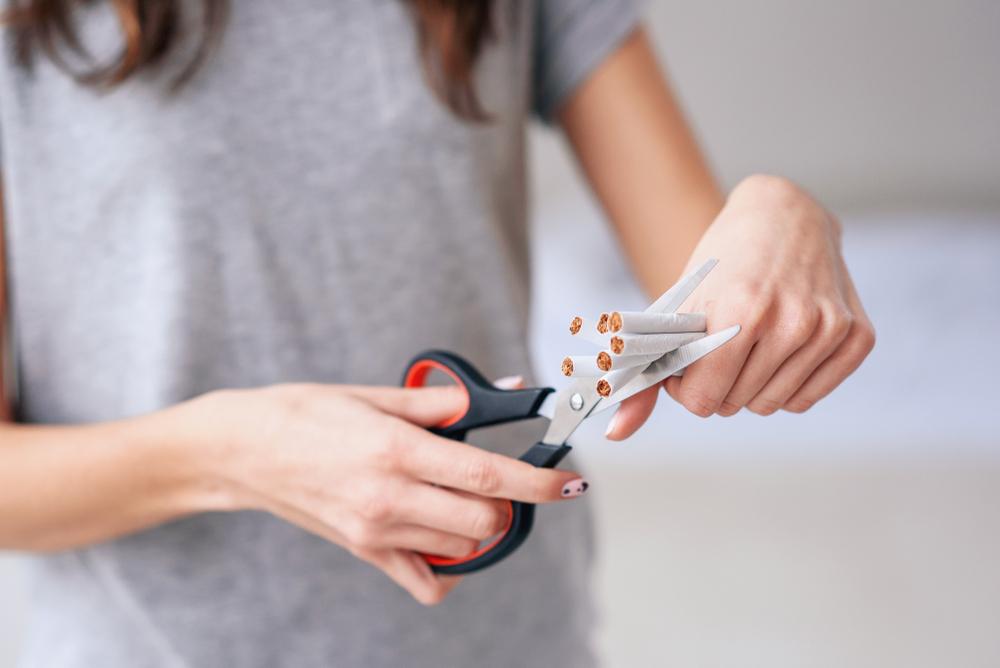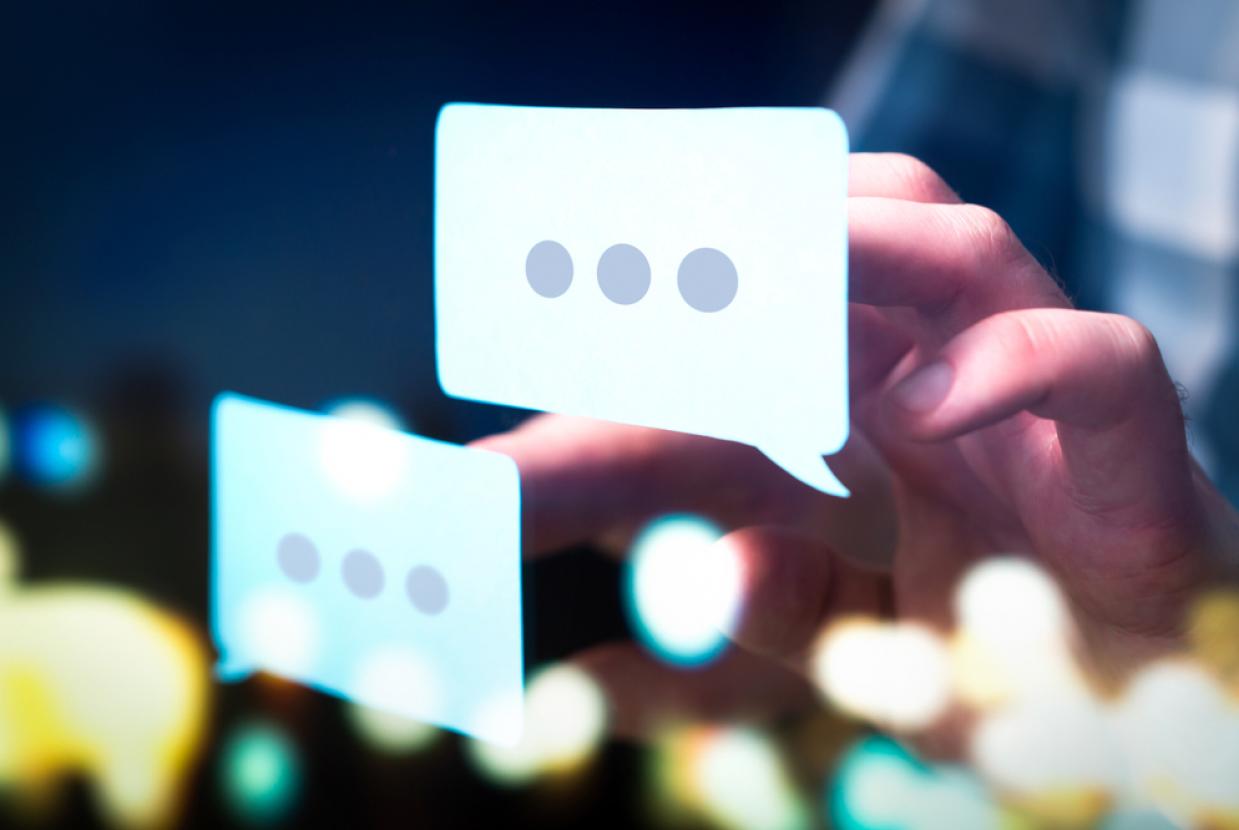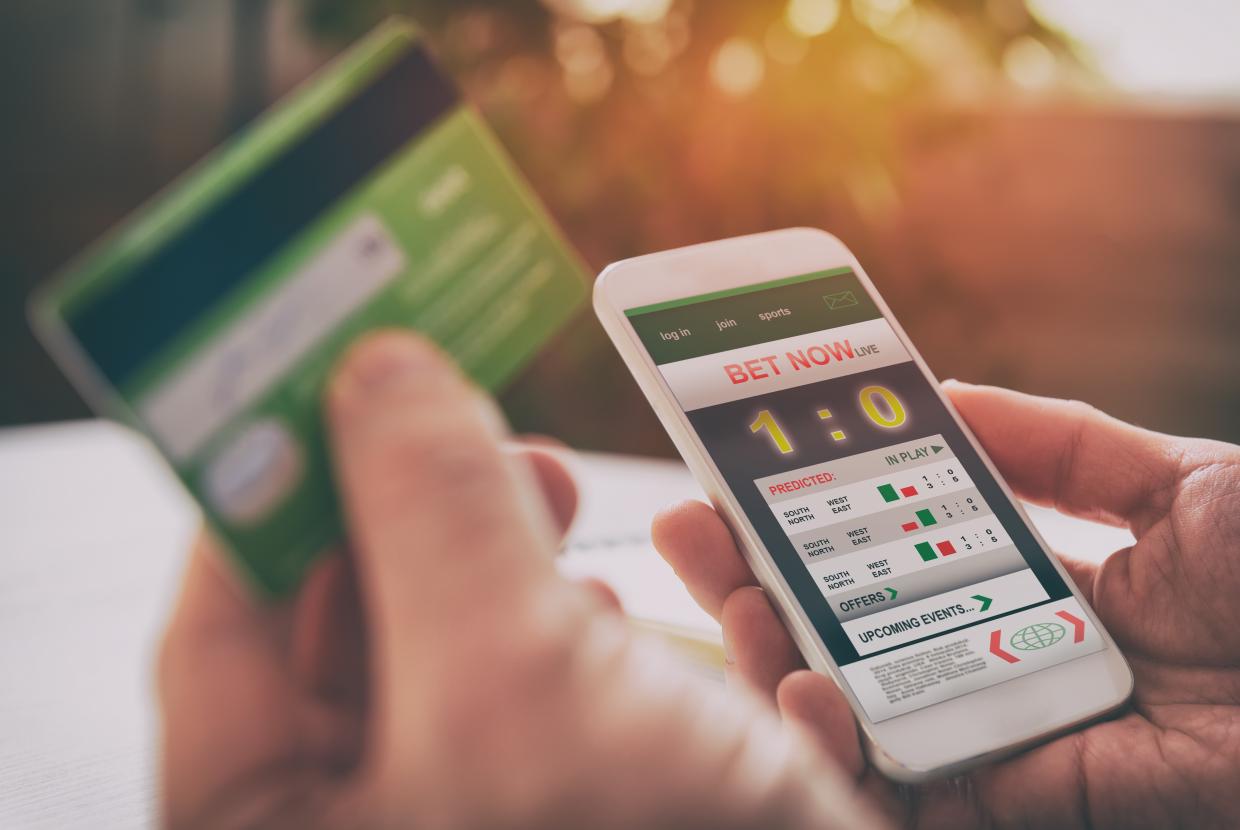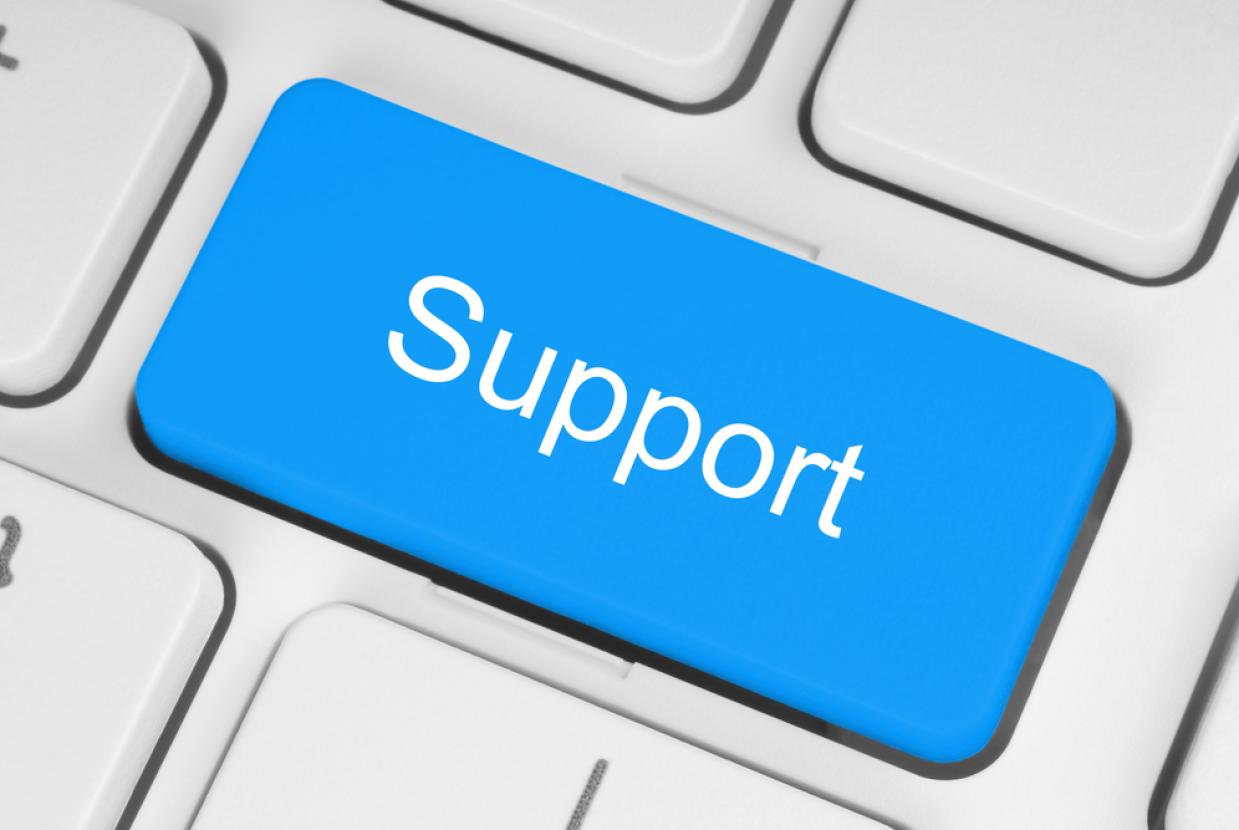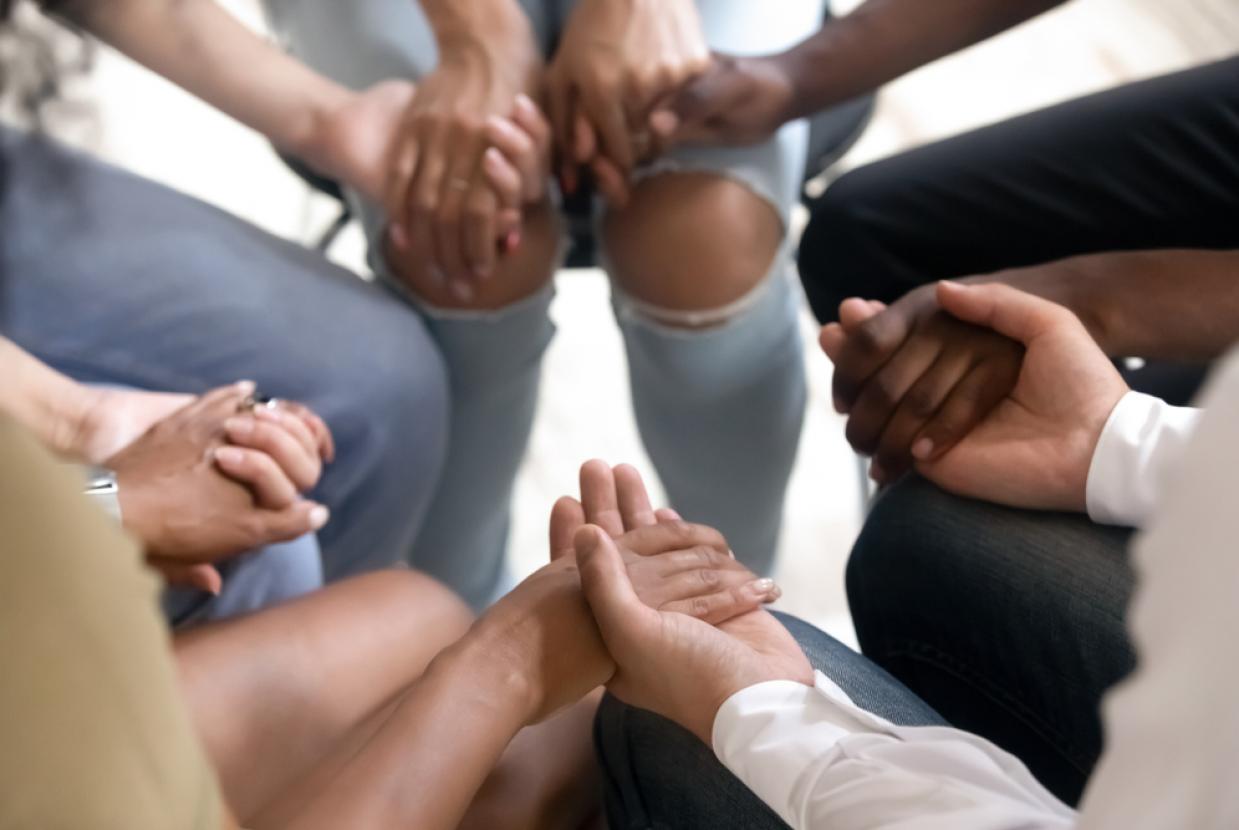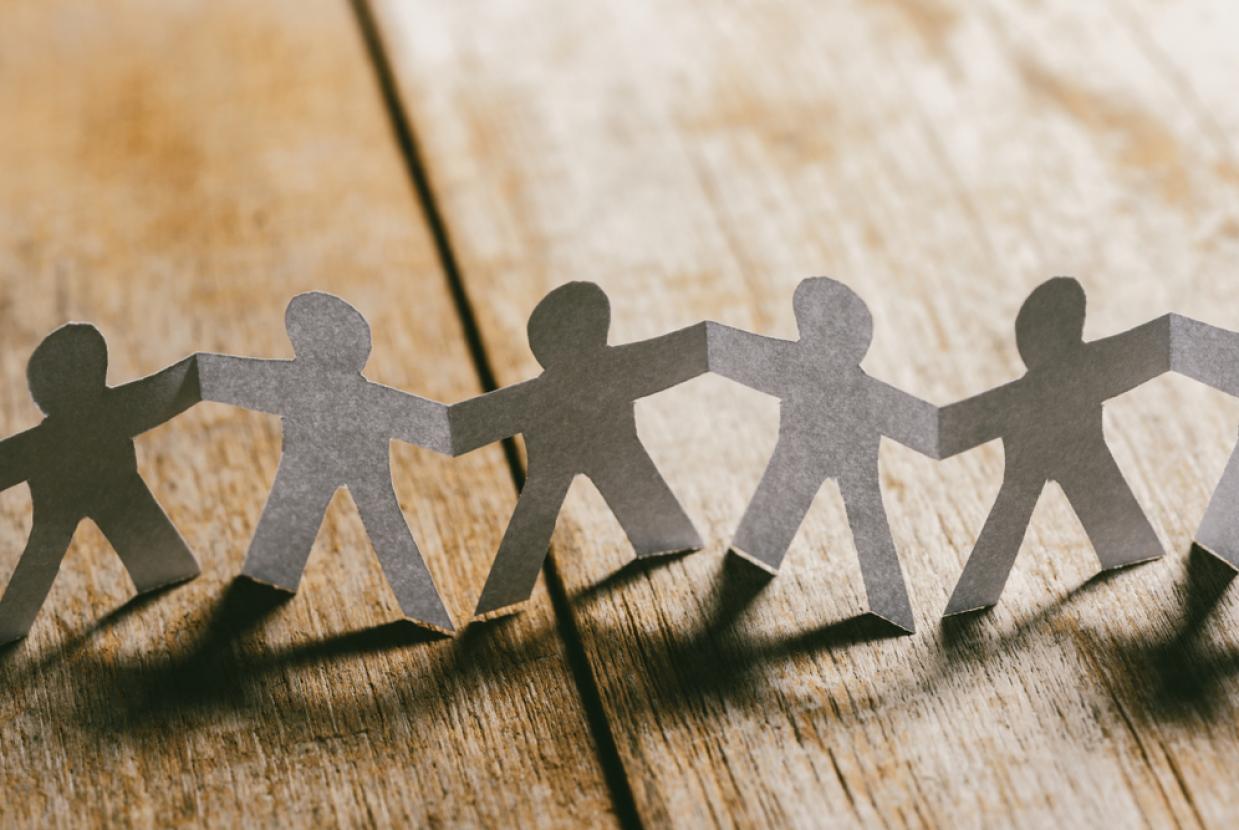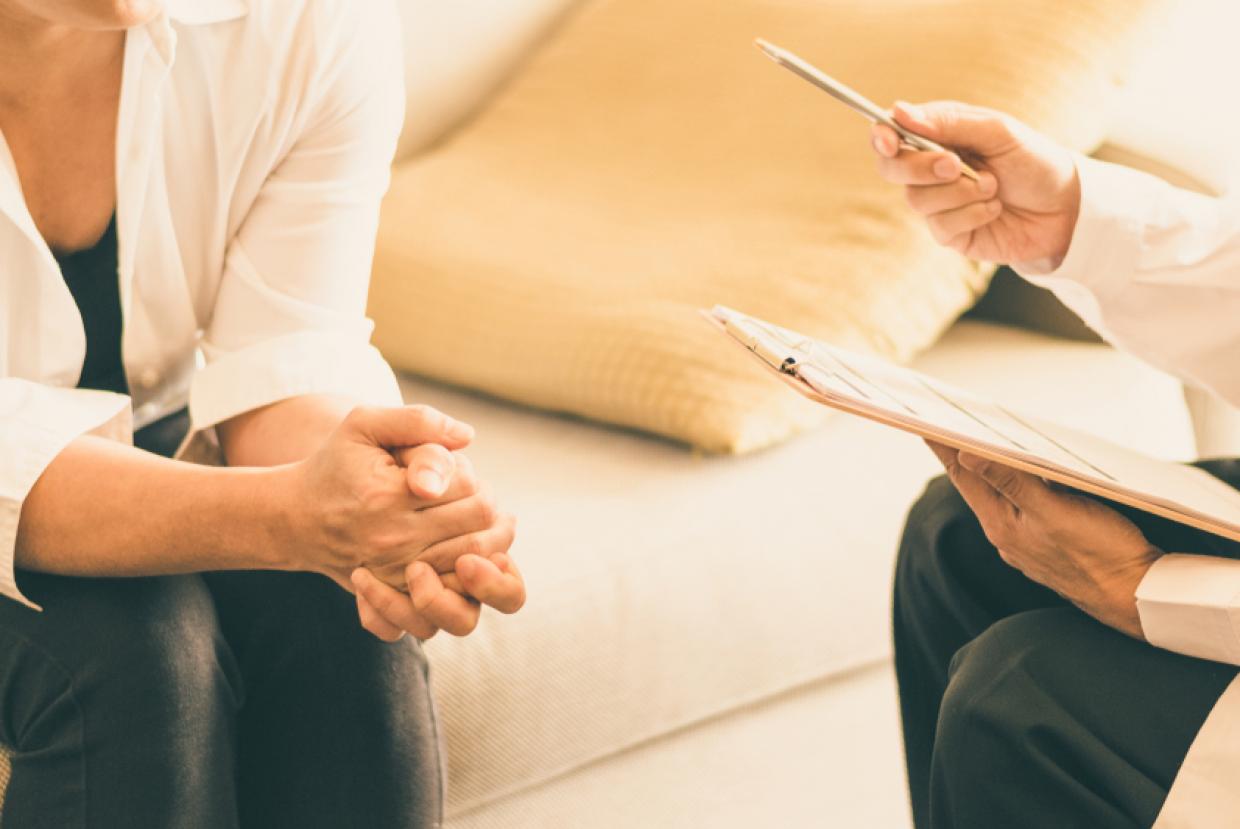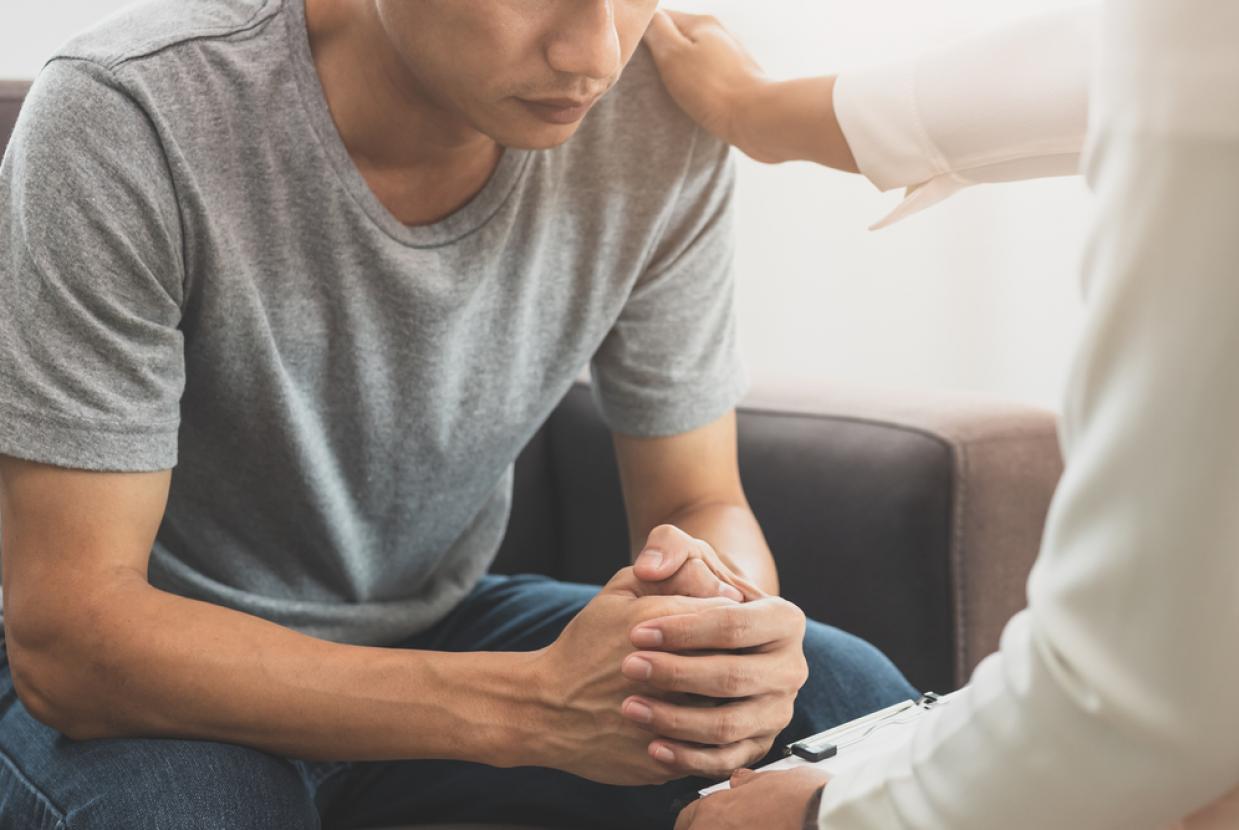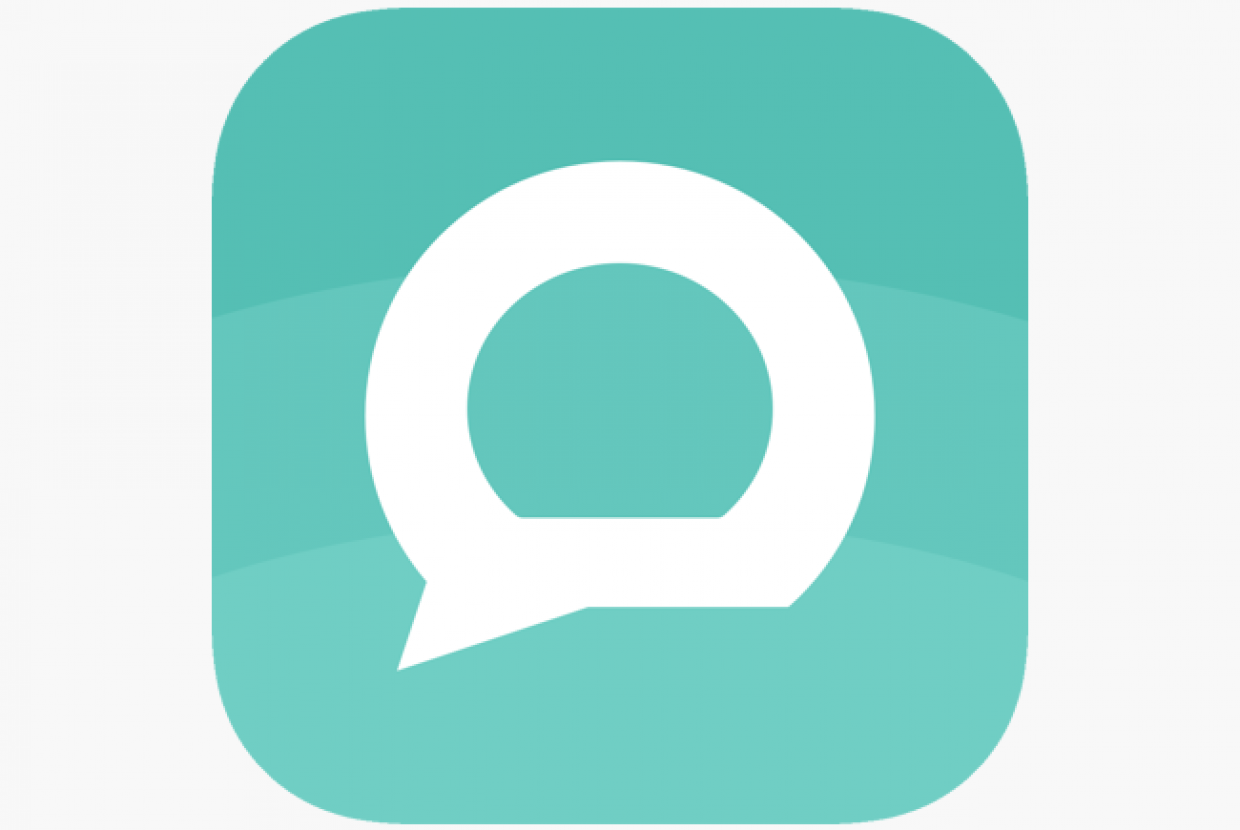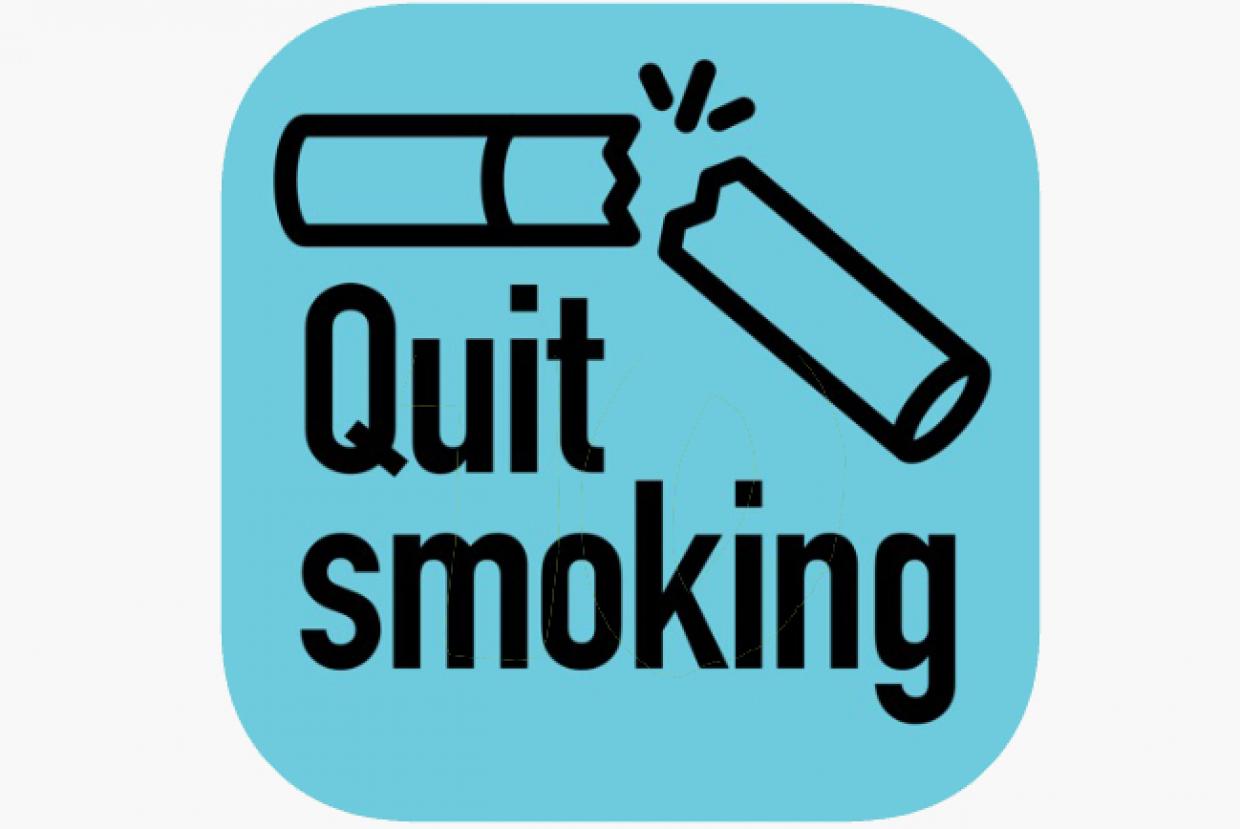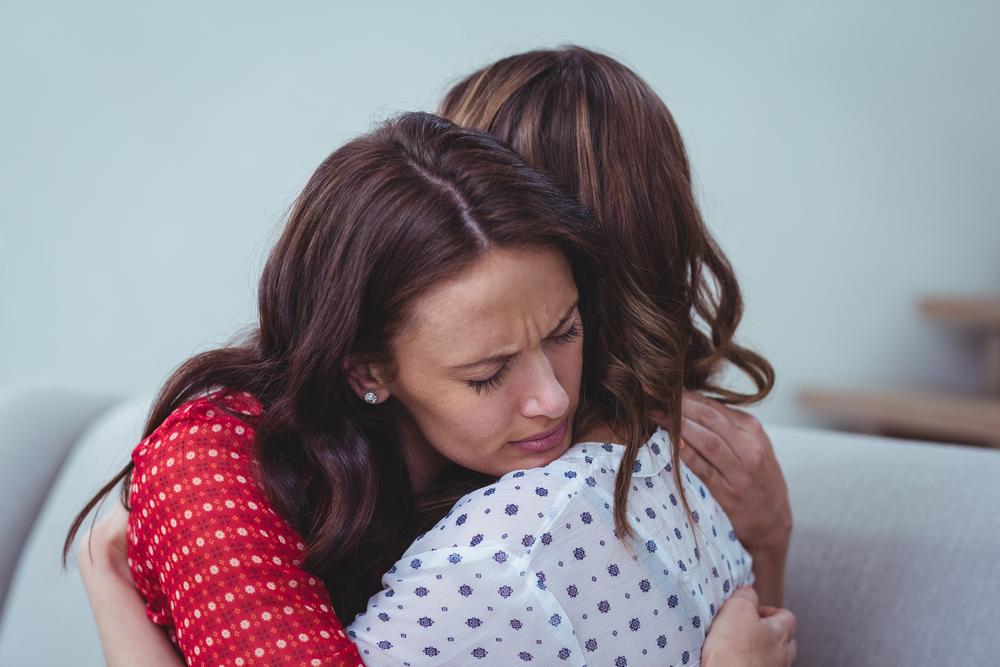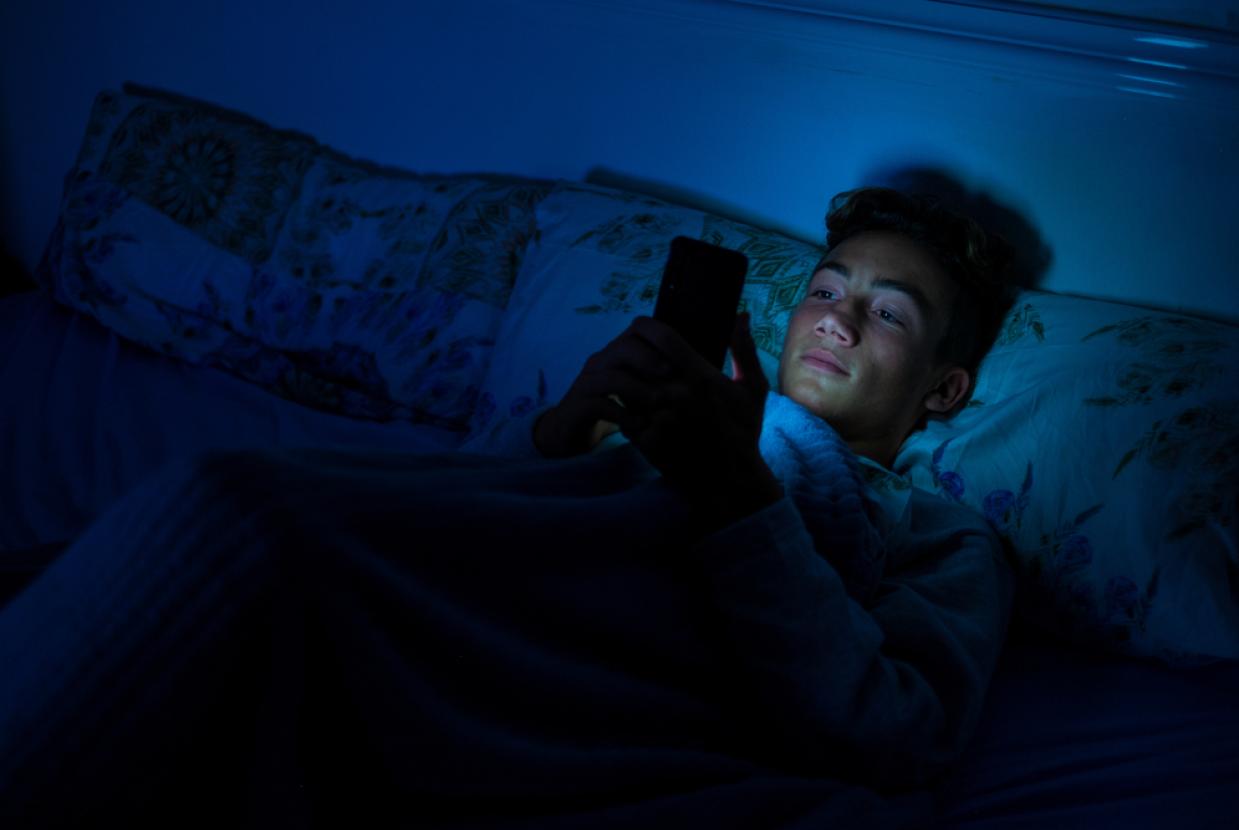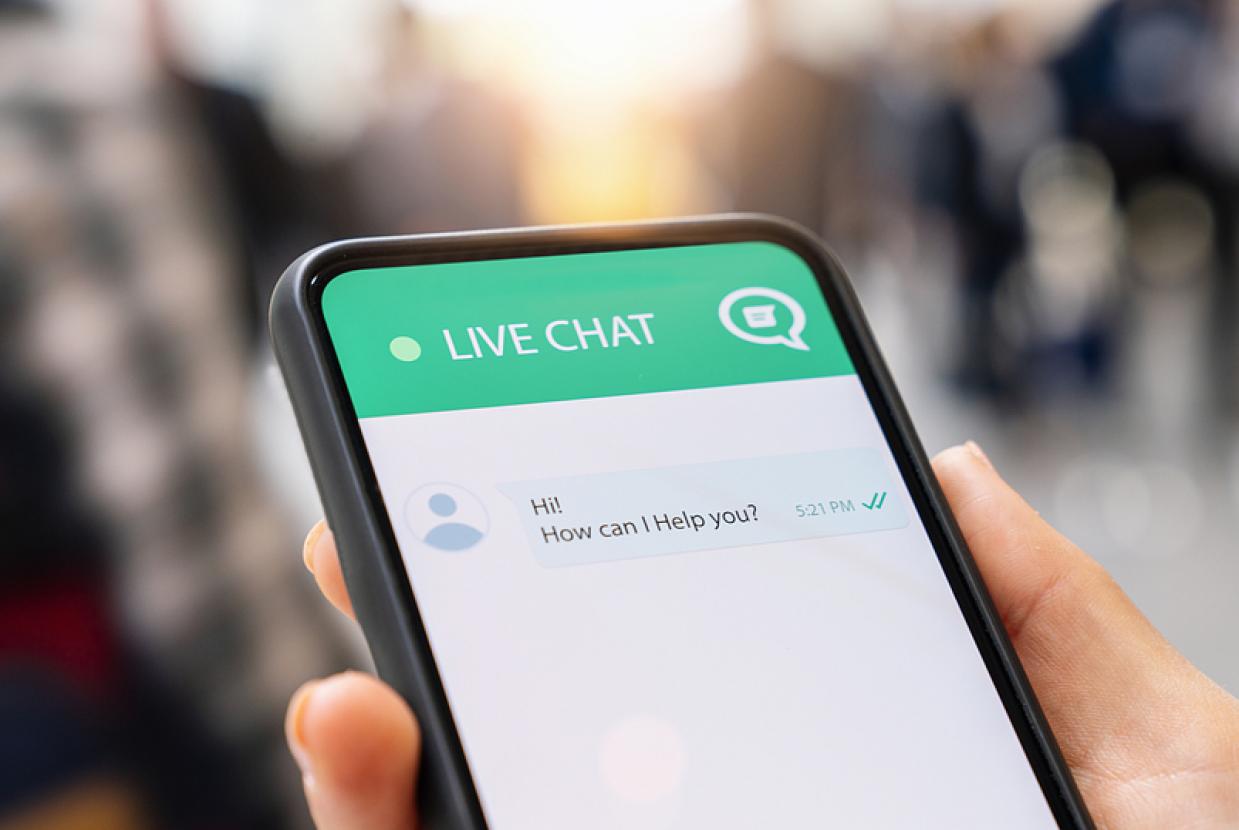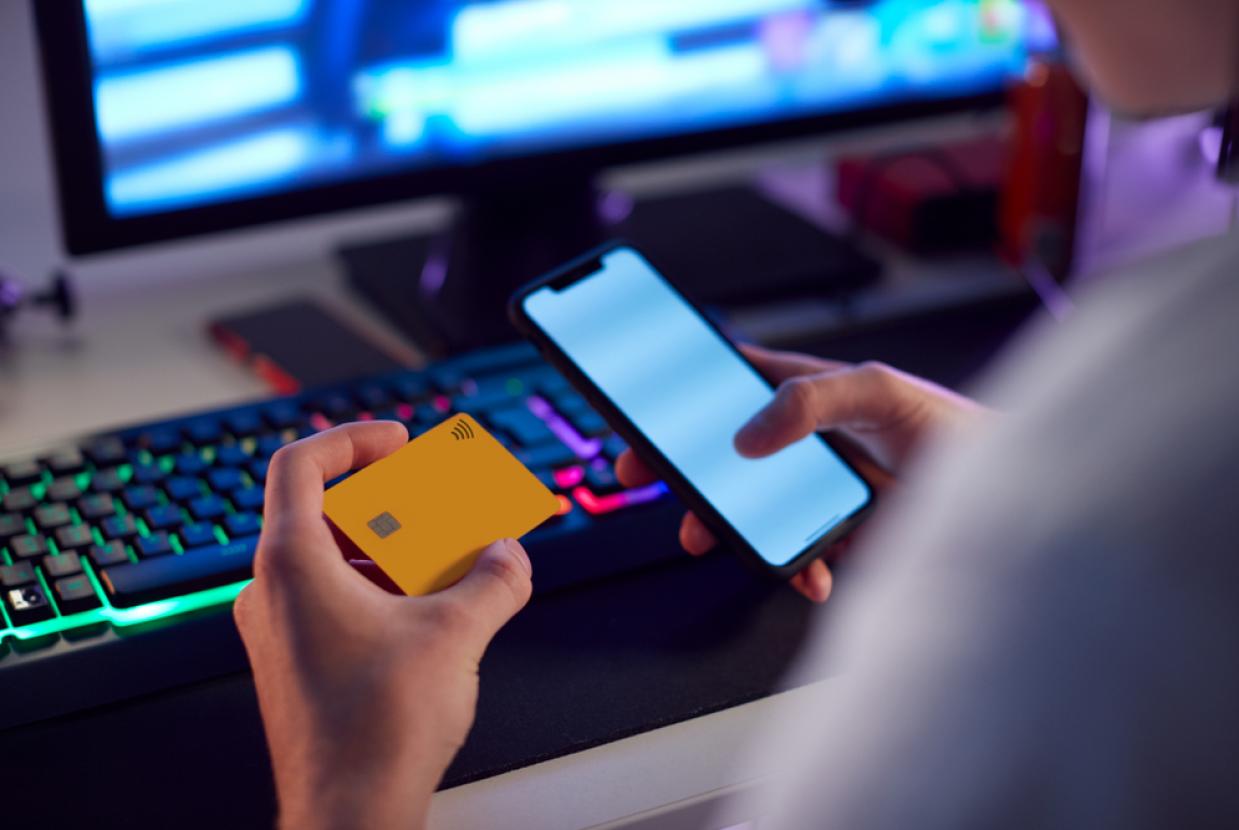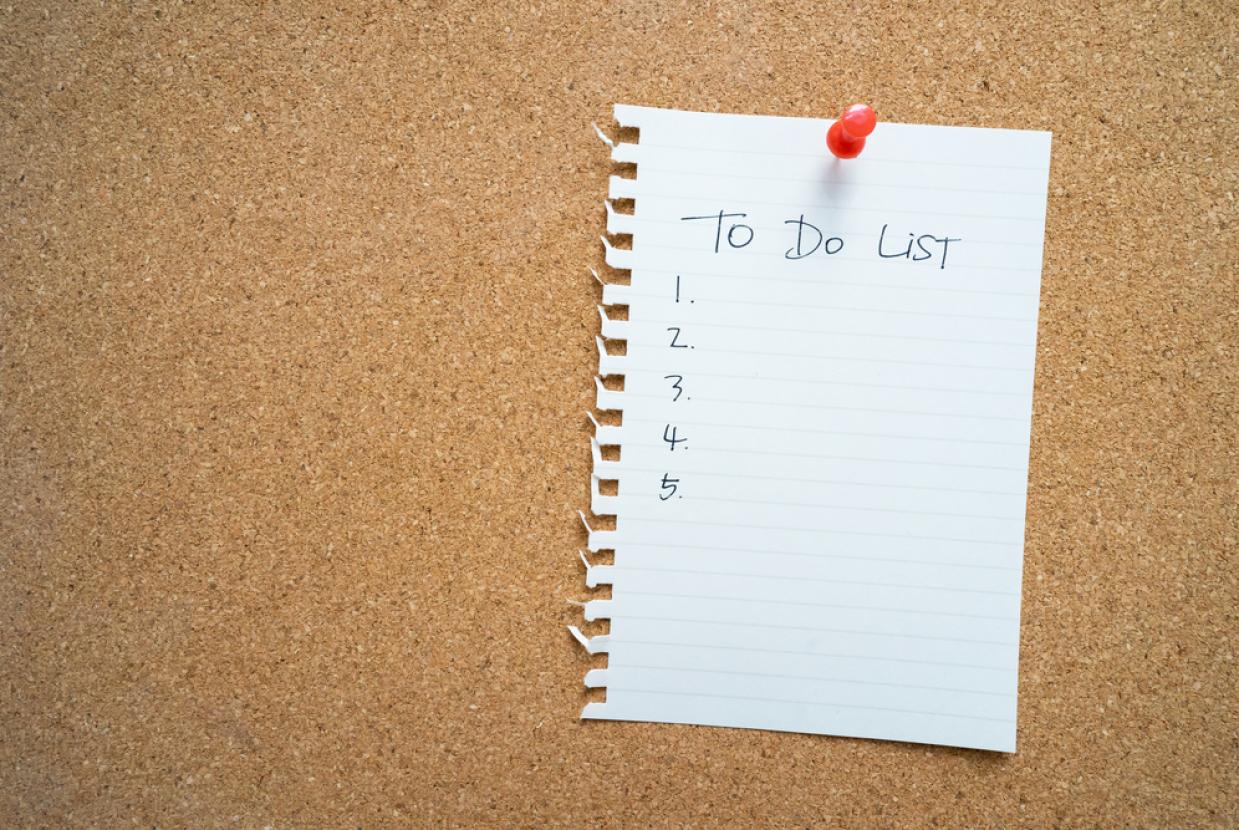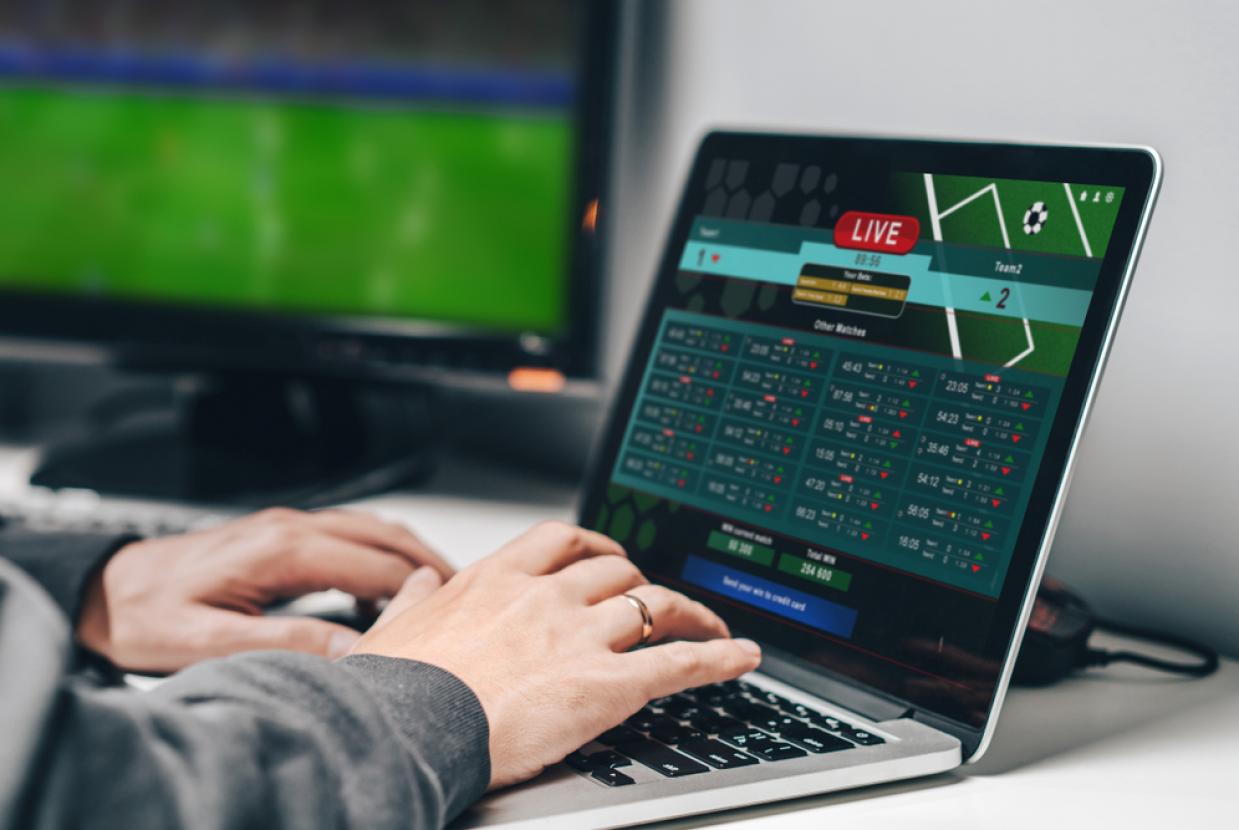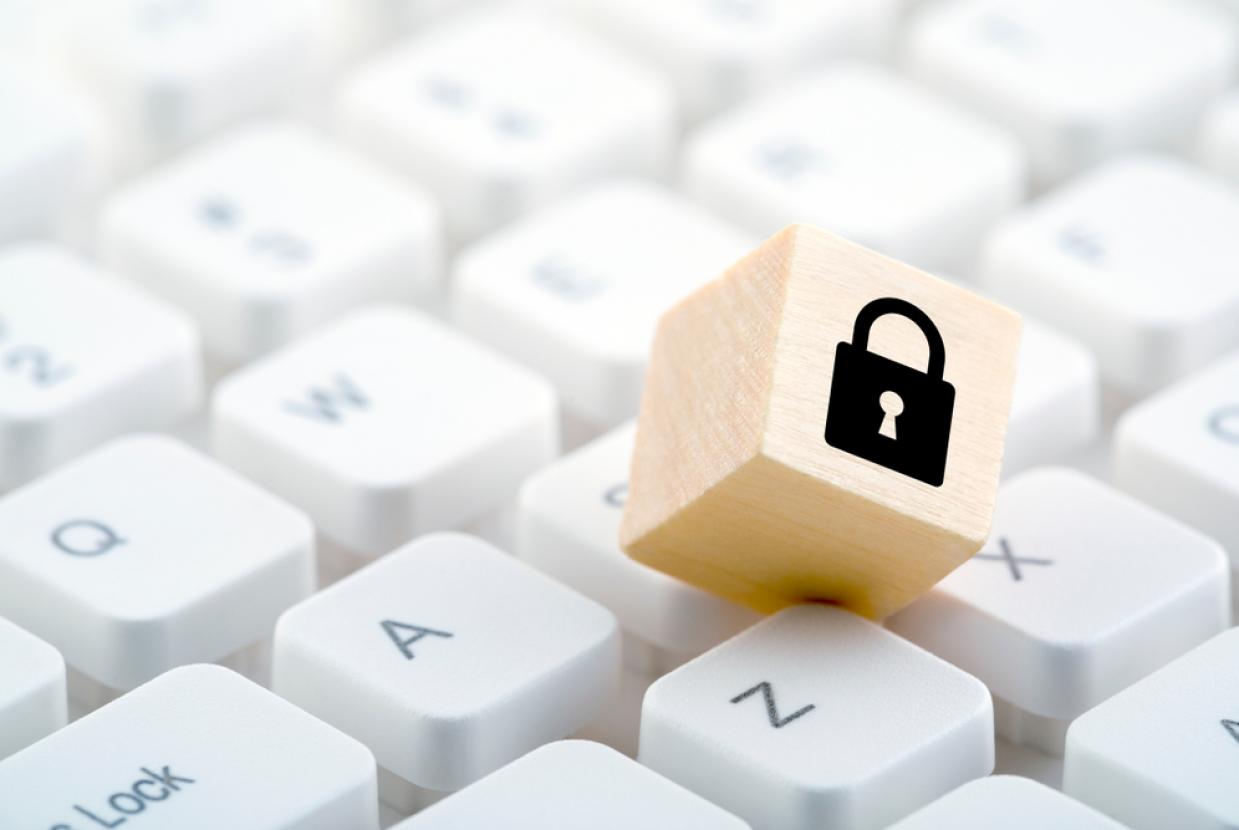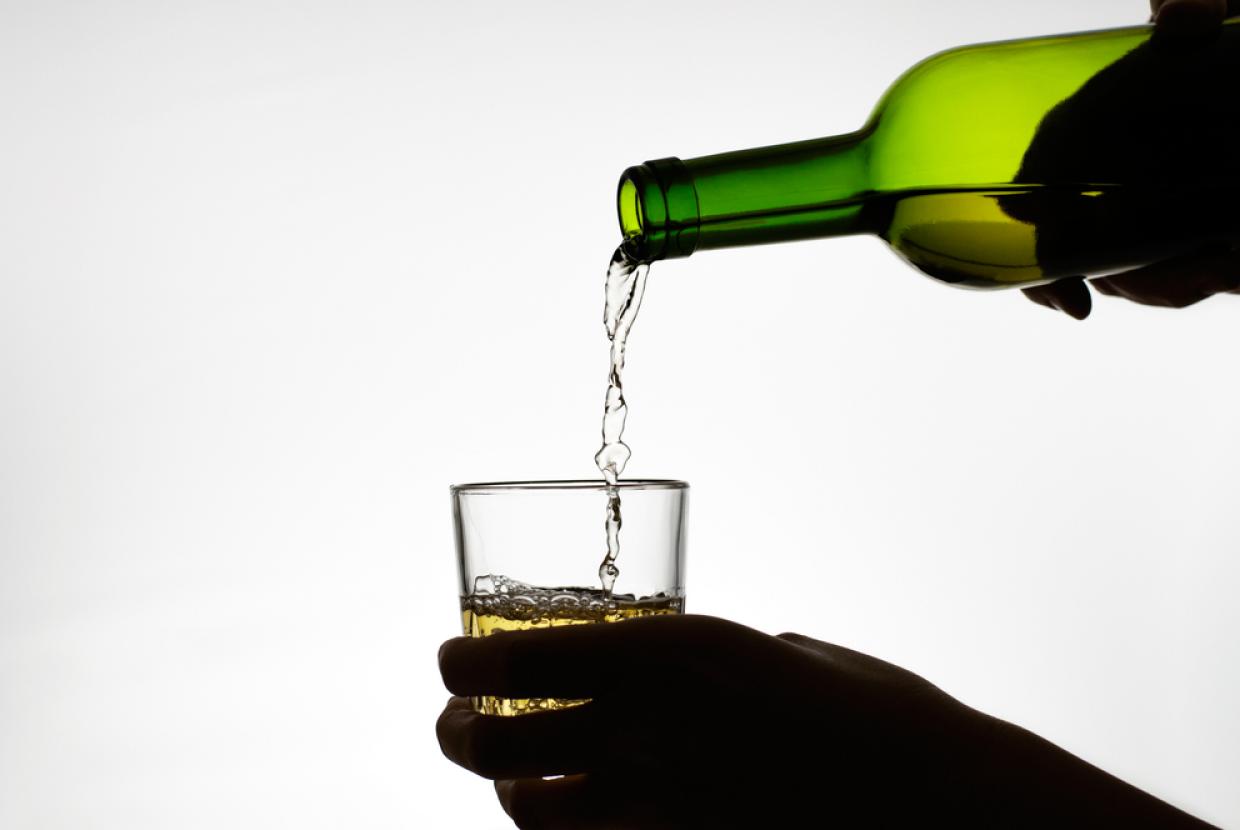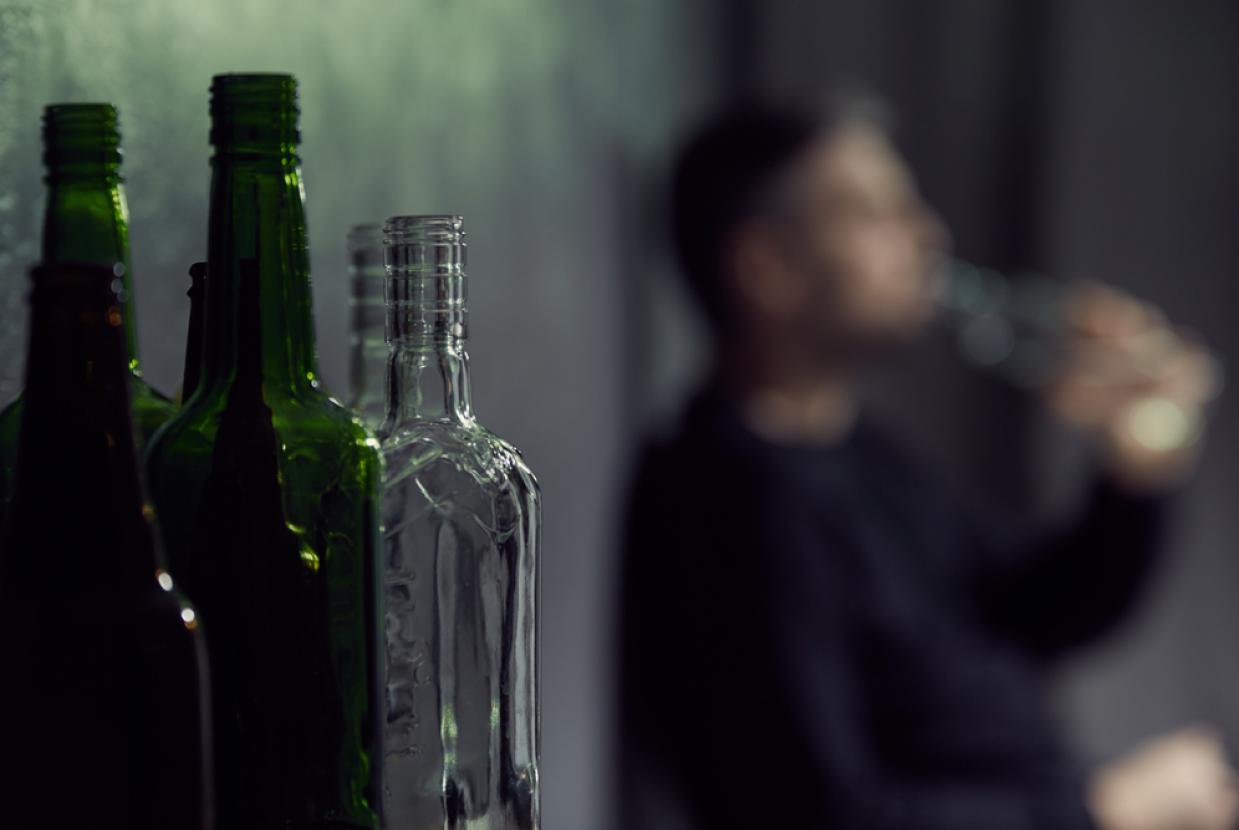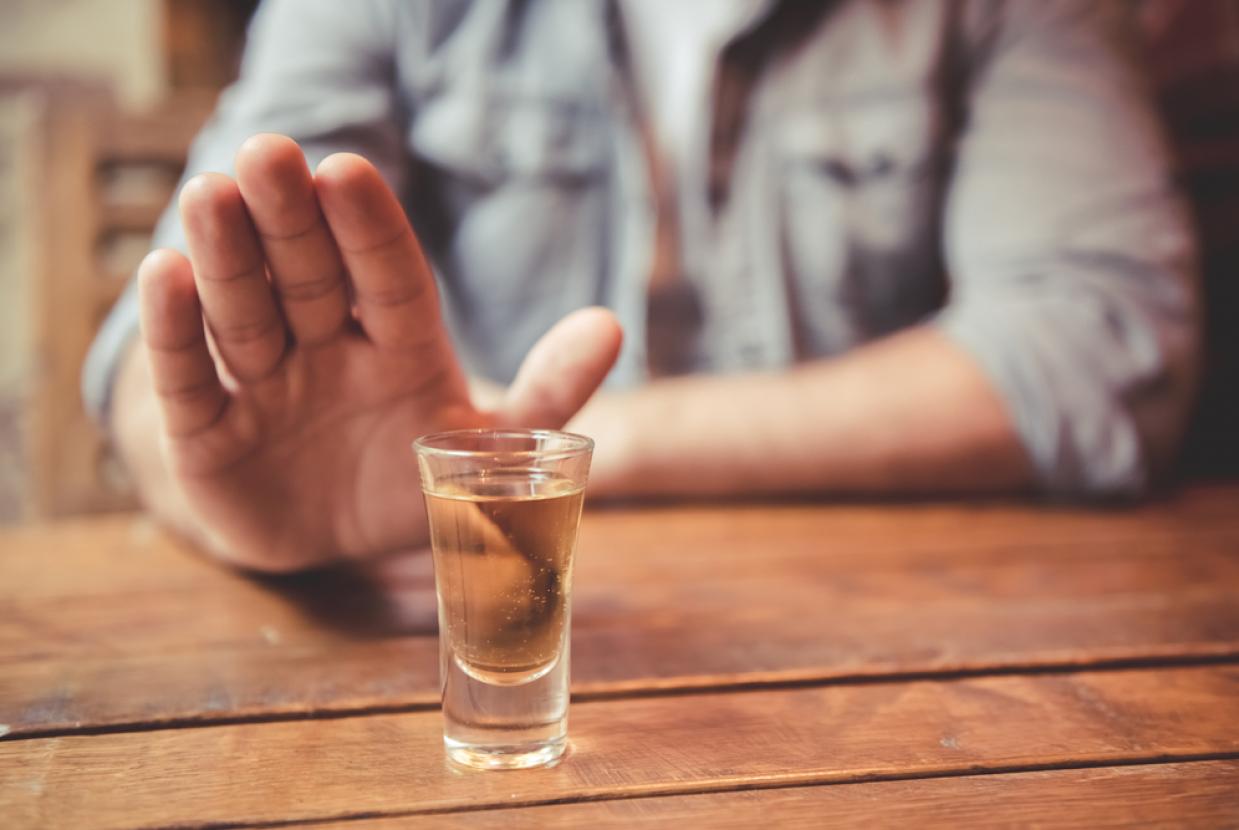Gambling & Mental Health
Addiction/Drugs / Mental HealthPeople gamble for many reasons: the adrenaline rush to win money, socialise or escape from worries or stress. However, for some people, gambling can get out of control. If you find yourself betting more than you can afford to lose, borrowing money, or feeling stressed and anxious about gambling, you may have a problem. If you want to stop gambling, there is help available. You can get treatment, join support groups and try self-help tips.
What is problem gambling?
Problem gambling can affect your health and relationships and leave you in debt. It can also be called compulsive gambling or gambling addiction.
You may have a gambling problem if you:
- spend more money on gambling than you can afford
- gamble when you should be doing something else, like working or spending time with family
- feel anxious or stressed about your gambling
- use gambling to deal with problems or difficult feelings
- lie to family and friends about your gambling
- borrow or steal to fund your gambling
GamCare is a charity supporting anyone affected by problem gambling. Their self-assessment tool can help you understand the impact gambling has on your life and provide resources to help you change your gambling habits.
What causes problem gambling?
Problem gambling is an addiction, and there is no single reason why addictions develop. Many different factors can increase your risk of developing a gambling problem, including:
- having a relative, especially a parent, with a gambling problem
- being introduced to gambling at an early age
- pressure from friends to gamble
- your personality – being competitive, impulsive, restless or easily bored can increase your risk of having a gambling problem
- taking medication to treat Parkinson’s or restless leg syndrome. This can cause the rare side effect of compulsive behaviour, including compulsive gambling
How can gambling affect my mental health?
Gambling can cause low self-esteem, stress, anxiety and depression if gambling becomes a problem. Gambling can become an addiction, just like drugs or alcohol, if you use it compulsively or feel out of control. Gambling can affect the part of our brain that releases dopamine. A ‘feel good’ hormone that creates feelings of pleasure and reward. When we win a bet, our brain gives us an emotional reward. If you get addicted to gambling, other pleasurable activities may no longer make you feel good. So instead, you will gamble to get the same buzz.
The good news is that your brain chemistry can change back. Everyday life can feel enjoyable again. There’s also a strong link between gambling problems and thoughts of suicide. If you have thoughts of ending your life or don’t feel you can keep yourself safe, call 999 or go to A&E immediately.
If you have a mental health problem, you’re more at risk of harmful gambling. For example, you may gamble to feel better about yourself when you’re depressed or distract yourself if you’re angry or upset.
Getting help with a gambling problem
A financial crisis is often what brings someone to address their gambling. If you’re struggling with debt, speak to StepChange for free, confidential debt advice.
Talk to your doctor if you’re worried about how gambling affects your mental health. Gambling can be treated in the same way as other addictions, often with cognitive behavioural therapy (CBT). If you have a gambling problem, you tend to think differently about betting than others. For example, you may believe you’re more likely to win than you really are, that certain rituals can bring you luck, and that you can win back any losses by gambling more. CBT will look at these beliefs around betting as well as how you feel and behave when you want to gamble.
You can also refer yourself to the National Problem Gambling Clinic for care and support. Visit their website to see if you meet the criteria for help. For free, confidential support, call the National Gambling Helpline on 0808 802 0133.
Ways you can help yourself
GamCare has an online recovery toolkit with practical tips and resources to help you change your relationship with gambling. It includes:
- an online treatment course based on CBT. A GamCare practitioner will call you weekly to catch up on your progress
- information on blocking software to block gambling websites
- how to request to be excluded from gambling with particular venues and websites
- ways to deal with debt
If you’re affected by someone’s gambling
If you can see that gambling is a problem for someone you care about, it’s best to be honest with them about how it’s affecting you. You can let them know that help is available.
You can get support for yourself too.
- GamCare offers support and information for the partners, friends and relatives of people with gambling problems.
- GamAnon and GamAnon Scotland run support groups for anyone affected by someone else’s gambling.
Content sourced from the Mental Health Foundation (mentalhealth.org.uk).
- Click here to view our Mental Health content.
- Click here to view our Addiction content.


